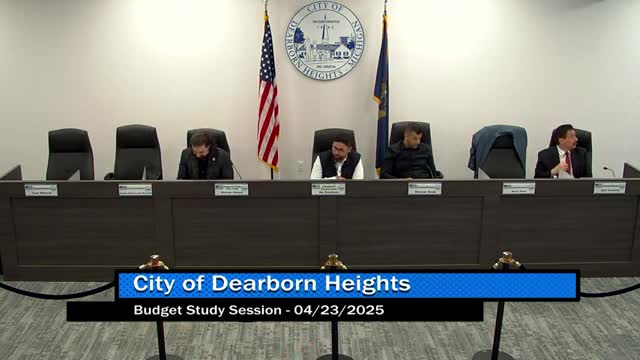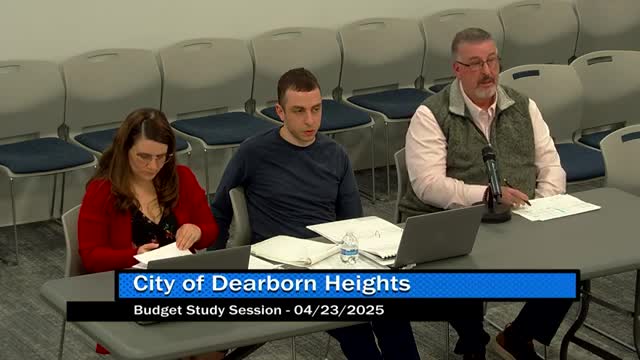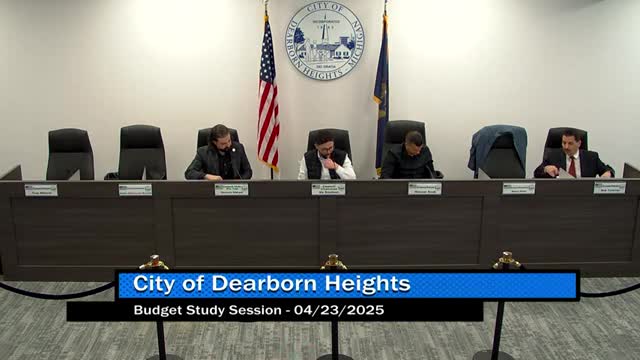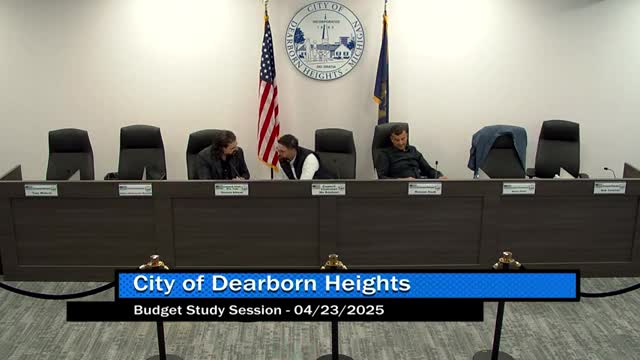Article not found
This article is no longer available. But don't worry—we've gathered other articles that discuss the same topic.

IT director outlines license increases, cloud plans and a phased laptop replacement program

Cable/PEG staff seek capital for studio, streaming and equipment upgrades; council asks for project plan

Ordinance and animal‑control staff press for more officers, clothing allowances and higher director pay; animal services contract budget to rise

Council debates raise for Building & Engineering director; department asks for engineer staffing, online payments and plan‑review upgrades

